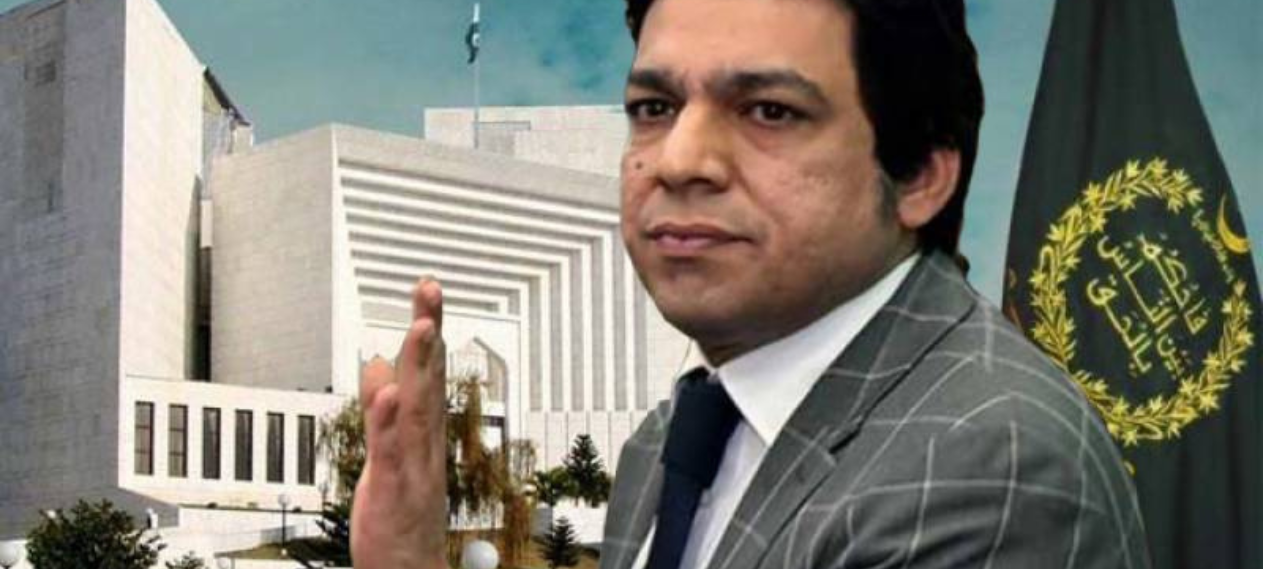The Standing Committee on Finance, which was presided over by Senator Saleem Mandviwala, rejected a plan to tax hybrid and electric cars in the budget for the upcoming fiscal year.
Speaking at the event, the independent senator claimed that Pakistan’s real estate market has collapsed as a result of tariffs imposed in response to the International Monetary Fund’s (IMF) “demand.”
Senator Faisal Vawda was likewise against charging more for electric and hybrid cars. He declared that higher car taxes were unacceptable and insisted on calling the relevant minister to seek an explanation.
“If the new taxes are suggested, I will publicly voice my opposition. While electric vehicles are being promoted globally, no industry is established in Pakistan as a result of tax and policy changes, according to Senator Faisal Vawda.
He went on, “I should not be forced to speak out in public; I know who is taxing the vehicles.”
The Senate Committee on Finance decided to call up Minister for Industries and Production Rana Tanveer Hussain Rana Tanveer Hussain to the committee for the explanation.
The Senators were told at the meeting that there is a proposal to eliminate the 25 percent tax exemption for cars that cost more than 15 million dollars. The Federal Board of Revenue (FBR) Chairman then informed the committee members that the Ministry of Industries and Production, not the FBR, had made the proposal.
Read more: Government Tries to Pacify PPP Amid Disagreements on Budget 2024
According to FBR officials, tariffs on imported vehicles have been recommended, but domestically produced vehicles would not face additional levies.
According to ARY News, a proposal to raise the regulatory charge on old, imported cars is being considered by the federal government.
The federal budget for the upcoming fiscal year, which is expected to include an increase in regulatory duties on imported used cars, is scheduled to be presented on June 12th, according to the information.
Sources indicate that while the regulatory charge on large cars is anticipated to climb from 70 to 100 percent, the duty on vehicles larger than 1800 cc is predicted to rise by 30 percent. Used cars up to 1800cc may be subject to a 15% charge, but new and old hybrid cars up to 1800cc may continue to be duty-free.

